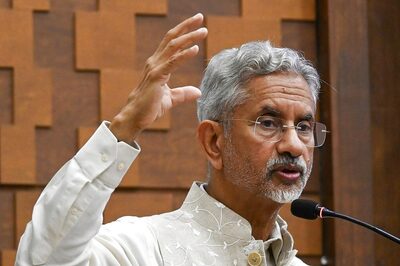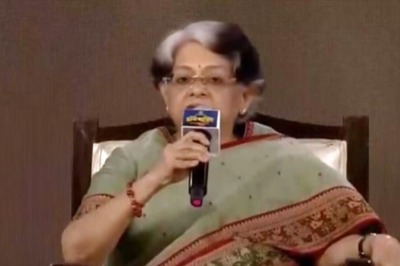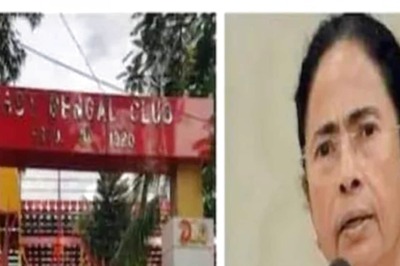
views
MOSCOW: Russia is considering imposing a grain export quota and wheat export tax for Feb. 15-June 30, following President Vladimir Putin’s criticism of rising food prices, four sources familiar with the government’s discussions told Reuters.
Chicago wheat prices extended gains after Reuters’ report on Thursday, as Russia is one of the world’s largest wheat exporters.
Putin criticised officials and market players over rising prices for bread, flour, sugar and sunflower oil on Wednesday and Prime Minister Mikhail Mishustin said on Thursday Russia would take action.
“We must take concrete measures to effectively stabilise the prices of products that are important for people – in line with the instructions of the head of state,” Mishustin told a government meeting, describing it as “unacceptable in the context of declining incomes”.
“I would like to appeal to producers, heads of retail chains and, of course, exporters – do not take advantage of people,” the prime minister said.
Mishustin plans to hold another meeting on the issue later on Thursday.
Russians’ incomes fell by 4.8% in the third quarter after their sharpest plunge in 20 years in the preceding quarter because of the COVID-19 crisis. Putin said bread, flour and sunflower oil prices rose by 6.3%, 12.9% and 23.8%, respectively, without specifying a timeframe.
Russia harvested a large wheat crop this year, but domestic prices have risen. To steady them, the agriculture ministry previously proposed setting a grain export quota of 17.5 million tonnes for Feb. 15-June 30.
The government has yet to discuss the size of the possible wheat export tax or of the quota, the sources said, asking not to be named because of the sensitivity of the matter.
Russia may also impose an export tax on sunflower oil if domestic prices do not fall this month, two of them said. Russia has already decided to increase an export tax on sunflower seeds and rapeseed from January.
One of the sources said the maximum price for sugar and sunflower oil could also be fixed through agreement between retail chains, producers and the state anti-monopoly service.
Disclaimer: This post has been auto-published from an agency feed without any modifications to the text and has not been reviewed by an editor
Read all the Latest News, Breaking News and Coronavirus News here




















Comments
0 comment